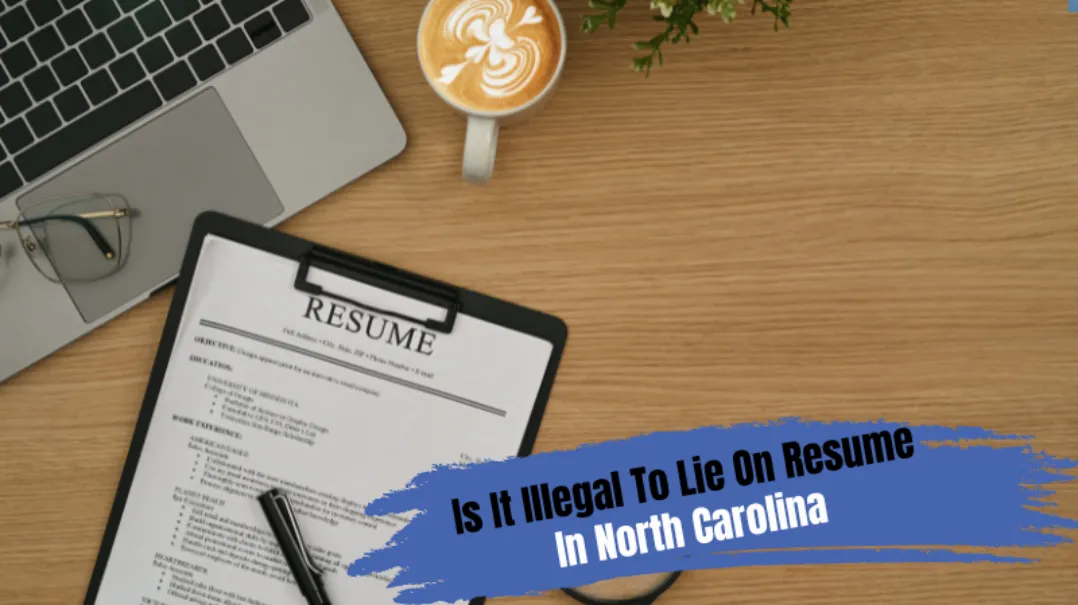To avoid the risks associated with lying on your resume, consider these ethical alternatives:
Customizing Your Resume
Tailor your resume for each job application. Create an outstanding objective for
resume. Highlight the skills and experiences most relevant to the position you are
applying for. This demonstrates your genuine interest in the role and helps you stand out
without resorting to falsehoods.
Highlighting Transferable Skills
Even if you lack specific experience in a particular area, focus on highlighting transferable
skills that are relevant to the job. For example, skills such as leadership, communication,
problem-solving, and teamwork are valuable in many different roles. By showcasing these
abilities, you can present yourself as a strong candidate.
Building Skills and Credentials
Invest in acquiring new skills and certifications that can enhance your qualifications. Many
online courses and training programs can provide you with the knowledge and credentials you need
to advance your career. Continuous learning and professional development can help you stay
competitive in the job market and improve your resume.
Networking and Professional Development
Building a strong professional network can provide valuable opportunities and references. Attend
industry events, join professional organizations, and seek mentorship to enhance your career
prospects. Networking can help you connect with potential employers and build relationships that
can lead to job opportunities.
Continuously seek opportunities for professional development. This can include taking
online courses, attending workshops, or obtaining certifications related to your field.
Demonstrating a commitment to learning and growth can make you a more attractive candidate to
potential employers
Gaining Experience Through Volunteering or Internships
If you need certain qualifications or experience, consider gaining relevant experience through
volunteering or internships. These opportunities can help you build the skills and knowledge
required for your desired role while also enhancing your resume with legitimate expertise.
Example Table: Common Lies vs. Honest Alternatives
Including a table that contrasts common lies with honest alternatives can provide a clear,
visual way to understand the importance of honesty in resumes.
| Common Lie |
Honest Alternative |
| Claiming a degree you didn’t earn |
Mentioning coursework completed or certifications obtained |
| Exaggerating job responsibilities |
Highlighting actual achievements and contributions |
| Extending employment dates |
Explaining employment gaps with productive activities |




